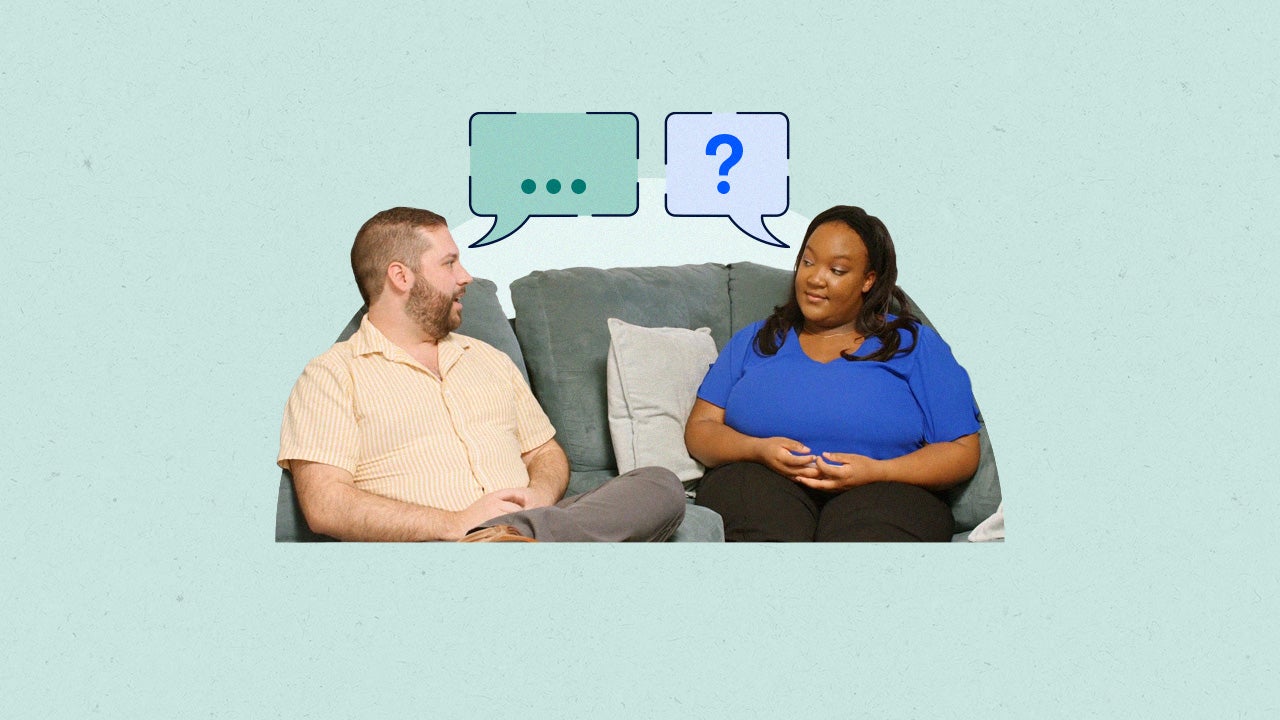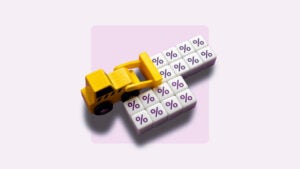How one National Debt Relief client paid off $36,000 in 3 years



When Dave applied for National Debt Relief, he was $36,883 in credit card debt and fighting to keep the balance down. With his paychecks swallowed by monthly payments and interest, even everyday charges on his card worsened the situation.
With National Debt Relief’s program, Dave was able to reduce his five-figure debt by over $13,000 and pay off his balance in full over 38 months.
Here’s how National Debt Relief helped Dave save thousands of dollars in interest and help him settle his debt for a better financial future.
This interview transcript has been edited for brevity and clarity. This interview was conducted by Ashley Parks.
What were your thoughts on debt before you worked with National Debt Relief?
I grew up with this idea that people who carried credit card debt from month to month were irresponsible. Of course, once I became an adult and started carrying my own balance from month-to-month, I started to develop more empathy toward people who were in that situation.
I was using my credit cards for daily living expenses and then would occasionally have some sort of emergency like the car needing new tires. It just gets to a point where you’re unable to make those monthly payments to bring that balance down and you start to accrue interest, and it just sort of snowballs.
How did your perspective shift when you started working with National Debt Relief?
As a client of National Debt Relief, I felt that I wasn’t alone. Every time I spoke to them, I knew that this was something they do every day, and I felt very cared for. I had a whole team helping me and thousands of other people, as well.
What were some of the hardships that contributed to your debt situation?
I had been carrying a balance on my credit cards for a while. What sealed the deal for me in terms of needing outside help was the start of the pandemic.
I was trying to start a business at the time which was not pandemic friendly. In addition, I was working at a brewery — also not a pandemic-friendly job. When I got laid off during the lockdown, I hit a wall where I didn’t know what to do about my accounts.
How did that affect your day-to-day life?
With all the credit card debt I was carrying, I was feeling the emotional impact. You just can’t get around that.
I had anxiety every time I made a purchase — the interest payments are so much on the credit cards and I was throwing my whole paycheck at it to try to get the balance down. At the same time I had to use the credit cards for daily living expenses.
Every time I bought something at the store, I felt a little pang of anxiety, asking myself, “Do I really need this? Is this the best choice for me to be making right now?” You also have to acknowledge that when you buy something that you like, you feel good.
It’s like a cycle. You get to a point where every purchase you make, you’re hypercritical of yourself, but at the same time you still make them. The little things start becoming really big things all of a sudden.
What were some of the options that you considered before you found National Debt Relief?
When you’re in debt, in the beginning, every month you have that talk with yourself where you say, “This is going to be the month. I’m going to be good. I’m going to make more than the minimum payment to the credit card.”
You think you can take care of the situation on your own, but it doesn’t always work very well.
The next thing I considered was a balance transfer card. I figured that with 18 months of no interest, I could consolidate the balance on this one card and start to make some really good headway. Then, I’d hopefully be in a better place once the interest payments were due.
Because my debt to income ratio was so high, and my credit utilization was so high, I didn’t qualify for a full balance transfer. I was able to transfer $1,500, and I told myself "at least I’m not getting interest on this $1,500".
Of course, that didn’t really solve the problem. When you’re just moving the money around to different pots, it doesn’t ever go away.
How did you find out about National Debt Relief?
I realized I needed someone to help me with my debt. It started with just a simple Google search: "debt relief options".
They were the first option on Google. I saw they were really well reviewed, and within minutes I was on the phone with them getting enrolled.
What was the process like? What were your feelings around it?
In the beginning of the program, I felt a lot of guilt and shame about having to go through debt relief.
Eventually, I had a conversation with an agent at National Debt Relief expressing these feelings. One thing that they said that really stuck out was that it’s very likely that you’ve already paid more in interest than you ever borrowed.
That started to unlock things in my mind. I realized that things got out of hand but I was actively working to develop a plan and a solution. Working with the company and being in those caring hands helped alleviate a lot of those feelings that I was having.
How did working with National Debt Relief change your relationship with money and debt overall?
The biggest thing about going through the program is that it teaches you to live on your monthly income. If you’re able to have all of your daily living expenses covered by your monthly income along with the deposits into the program, that’s really the best way to move forward.
Going through the program, it teaches you to learn how to budget, which is something that you don’t necessarily need to do if you have credit cards. That’s the biggest way that it changed my relationship with money — it makes you think more consciously about each dollar that comes in and where it’s going to go.
How has your life changed after your experience with National Debt Relief?
I’m debt free now! Not having that dark cloud hanging over my head is a complete game changer.
I’ve been debt-free for over a year now, and I still find myself in that same mental space that I was in when I was in debt. I have some unlearning to do now that I am in a debt-free situation and have more funds to use as a tool to build the life I’m trying to live.
What advice would you give to anybody about to start on their own debt relief journey?
The biggest advice I give is to start sooner rather than later. Even with the support of the program, it took me 38 months to become debt-free. It’s a long process and it’s not necessarily an easy one.
However, if not now, when? The 38 months are going to pass regardless, so you might as well try to do everything you can to become completely debt-free.
If you want to learn more about managing your finances, mental health and debt repayment plan, check out Bankrate and National Debt Relief’s ongoing article series about debt. Watch this space for tips, tricks and exclusive stories from readers like you and their debt repayment journeys.
Why we ask for feedback Your feedback helps us improve our content and services. It takes less than a minute to complete.
Your responses are anonymous and will only be used for improving our website.







